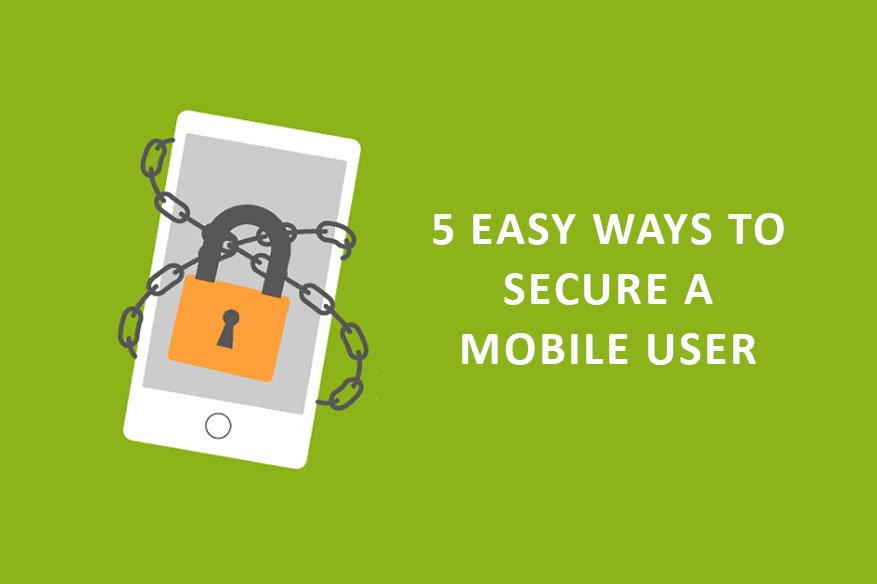5 Easy Ways to Secure a Mobile User

Cost cutting is a critical issue with many firms nowadays, as everyone wants to maximize profits while not increasing spending. One such spending habits that companies have started to cut cost is the physical travel of corporate officers and managers. However, to produce results in building friendship, camaraderie and trust involve face-to-face interactions with clients, teammates, and suppliers. On such aspect, business travel still plays a critical role, as it can make or break a business deal.
Business travel comes with the requirement for mobile computing. The way how corporate officers access their data remotely is a huge concern, given that corporate data is the lifeblood of any company.
In this article, we share 5 important tips for a secure mobile computing:
VPN
Mobile users should use a VPN (Virtual Private Network) to encrypt their network connection from their laptops to their remote office. The enterprise environment has long promoted VPN use for mobile computing, as it creates an environment where the computer feels like it is physically connected to the office LAN. With a VPN connection, the user can be confident that no data being transmitted and received can be snooped by anyone.
Hard disk encryption
Laptops are accidentally lost and stolen in airports around the world. As the corporate officer holds critical corporate data in the laptop, any decent company that values privacy and security has an encryption policy. The use of a non-encrypted computer in the network environment is highly discouraged, as it is very easy for anyone to copy data using USB flash drives. Hard disk encryption is available on all platforms: Windows, MacOS, and Linux. Only home users with non-confidential data should use a non-encrypted hard disk.
Use of well known DNS
By default, the DNS of the computer and any connected Internet device follows the ISP’s setup. IT team can set up the laptop before the corporate officer travels, point the DNS setting to a known public IP like 8.8.8.8 (Google), 9.9.9.9 (IBM), 208.67.222.222 (OpenDNS) or anything other than the DNS IP coming from the DHCP server. This way the laptop’s internet DNS resolution cannot be monitored by the destination network, it preserves the DNS privacy of the user.
When charging phones using a foreign USB slot – use USB Condoms
There are times that the mobile user may want to connect their mobile phones and other smart devices by connecting a USB data cable to a foreign PC. This can capture the data stored on the phone by anyone with remote access to the foreign PC, hence may cause data leakage. The only solution is to use a USB Condom, a small device that plugs in between the foreign computer’s USB port and the micro USB port of the mobile phone/tablet. This ensures only the power lines are connected and not the data lines. Using a USB condom, it only allows power to penetrate, and the computer does not detect the device at all. With the USB condom, it enables a smartphone to securely charge its battery while the computer remains ignorant about the connection.
Bring your own internet connection.
If all else fails, the mobile user can bring their own wireless 4G router. This is much more secure than just connecting to some random wifi network. Of course, pairing it with VPN will help cover the rest.